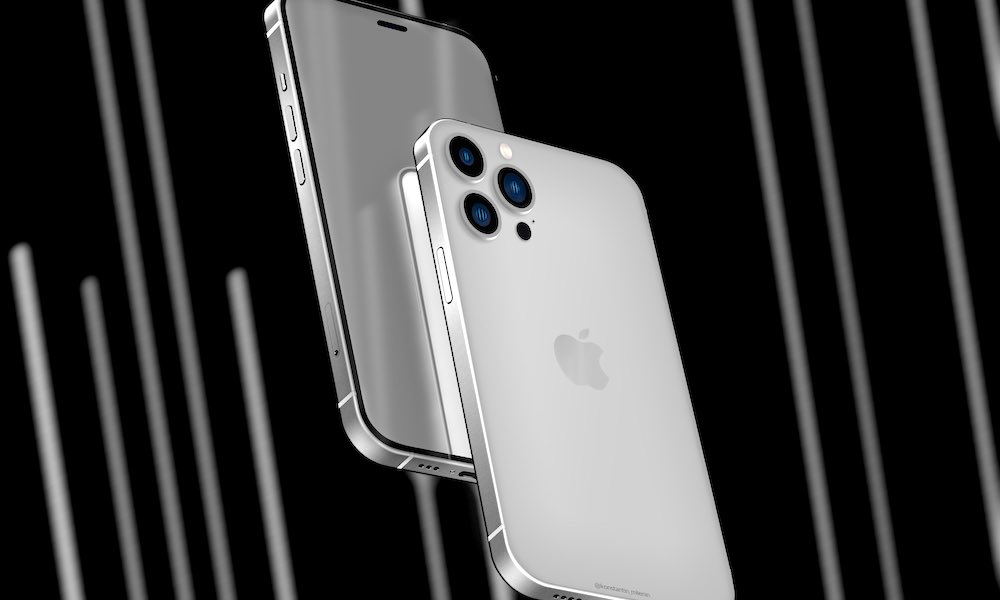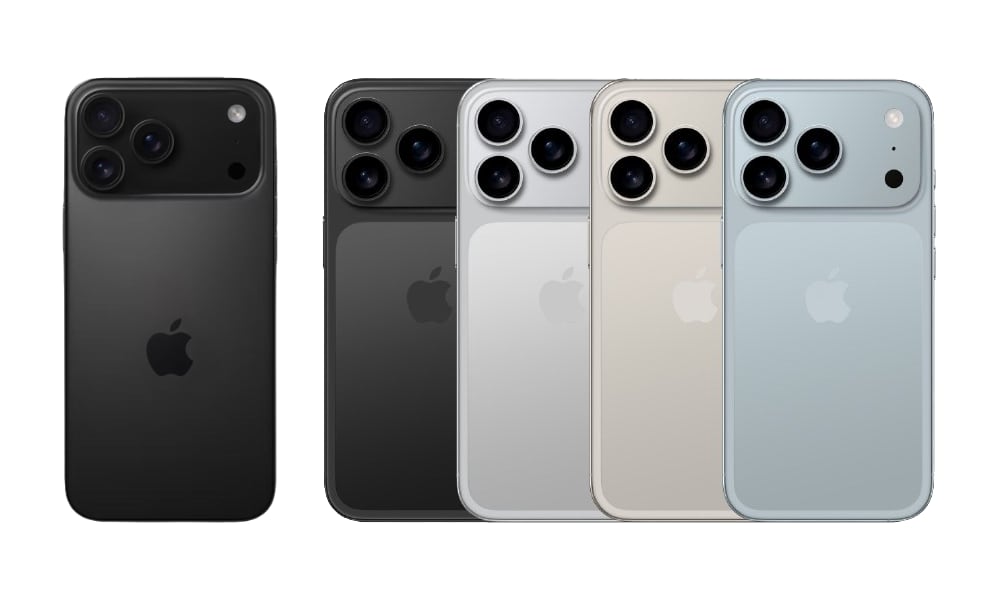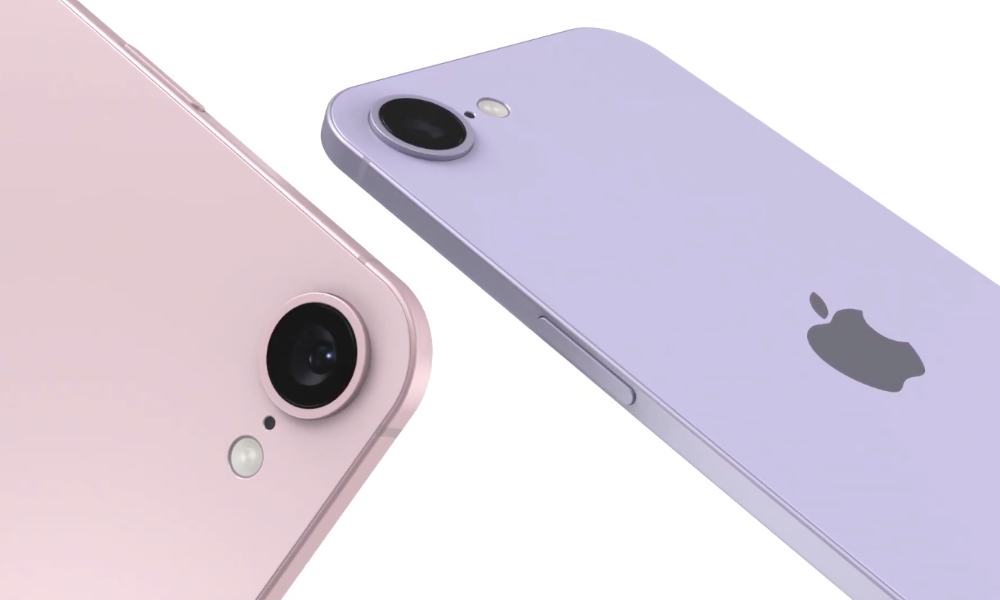Only One iPhone 17 Model May Get the Titanium Treatment
 Konstantin Milenin / Ben Geskin / Twitter
Konstantin Milenin / Ben Geskin / Twitter
Toggle Dark Mode
In an unusual twist, Apple may be planning to drop titanium from this year’s iPhone 17 Pro models, switching instead to aluminium — a material the company has never used for an iPhone Pro frame.
In 2017, Apple ushered in its higher-end lineup with the iPhone X. While that model set itself apart from the standard iPhone 8 and iPhone 8 Plus in a whole lot of ways, from an edge-to-edge OLED screen to a TrueDepth Face ID camera, it also featured a more premium design with a stainless steel frame.
The stainless steel frame remained a distinguishing design element of Apple’s flagship models as they evolved through the iPhone XS/XR and into the iPhone Pro era. In 2023, Apple switched things up with the iPhone 15 Pro, dropping stainless steel in favor of Grade 5 titanium for an increased tensile strength and less weight.
That continued with the iPhone 16 Pro models, but if the latest rumors are true, those could be the end of the road for a titanium frame, at least for the Pro family.
Last week, a somewhat reliable leaker reported that Apple plans to abandon titanium and return to aluminum, which will be used to frame what they believe will be a distinct glass panel set into the rear of the iPhone Pro models, rather than extending edge-to-edge, as shown in the image below.
However, not all sources agree on that design. Some have shared images, like the one on the left, that show an iPhone 17 Pro with a full-glass back. Still, none of this means Apple might not choose to use aluminum for the frame. Notably, The Information’s Wayne Ma, who has an excellent track record for accuracy, also reported last year that Apple was moving to an aluminum and glass design for this year’s Pro models.
An Elite Titanium Model?
It’s not entirely clear why Apple might abandon titanium, but it could be a way of setting its new darling apart in this year’s lineup, the so-called “iPhone 17 Air.”
Nearly every analyst and leaker agrees that Apple plans to eliminate the iPhone Plus this year and replace it with a sleek and thin new model, which has alternatively been dubbed the iPhone 17 Slim and iPhone 17 Air. Most sources are now leaning towards “Air” as that seems to make the most sense in light of Apple’s iPad and MacBook families, but Apple might still surprise us, and we won’t know for sure until September when Apple officially unveils it.
Early reports suggested the ultra-slim iPhone would be a luxury model, possibly priced even higher than the iPhone 17 Pro Max, despite having only a single camera. However, as more reports brought Apple’s plans into clearer focus, it seemed more likely it would be a design-forward model with a more sensible price tag, likely fitting into the slot currently occupied by the iPhone 16 Plus.
The distinguishing feature of the “iPhone 17 Air” is expected to be its near-impossible thinness. Reports vary, but the estimates range from an astonishing 5.5 mm to a more reasonable, yet still significant, 6.25 mm. To put that in context, the thinnest iPhone Apple has ever released was the 2014 iPhone 6, which measured 6.9 mm. Today’s iPhone 16 and iPhone 16 Pro models measure 78 mm and 8.25 mm, respectively.
There are also reports that it may get an exclusive new color to help it stand out, and now at least one analyst is saying that Apple still plans to adorn it with a titanium frame.
That’s according to Jeff Pu or GF Securities (via MacRumors), who also confirms that the iPhone 17, iPhone 17 Pro, and iPhone 17 Pro Max will all sport aluminum frames.
In this case, the use of titanium may not be solely about elegance, although Apple will undoubtedly promote that aspect. However, when Apple unveiled the titanium iPhone 15 Pro, it touted the use of Grade 5 titanium as “an alloy that has even higher tensile strength than pure titanium” that’s “typically reserved for applications where the balance of strength, formability, as well as weight, are especially critical.” It also pointed out how this is the same alloy used on the Mars rover.
Titanium is slightly heavier than aluminum, and on that front, it seems like an unlikely choice for what should be Apple’s lightest iPhone. However, the stronger material is likely critical if Apple wants to avoid another “bendgate” controversy like it encountered with the iPhone 6 Plus.
[The information provided in this article has NOT been confirmed by Apple and may be speculation. Provided details may not be factual. Take all rumors, tech or otherwise, with a grain of salt.]










